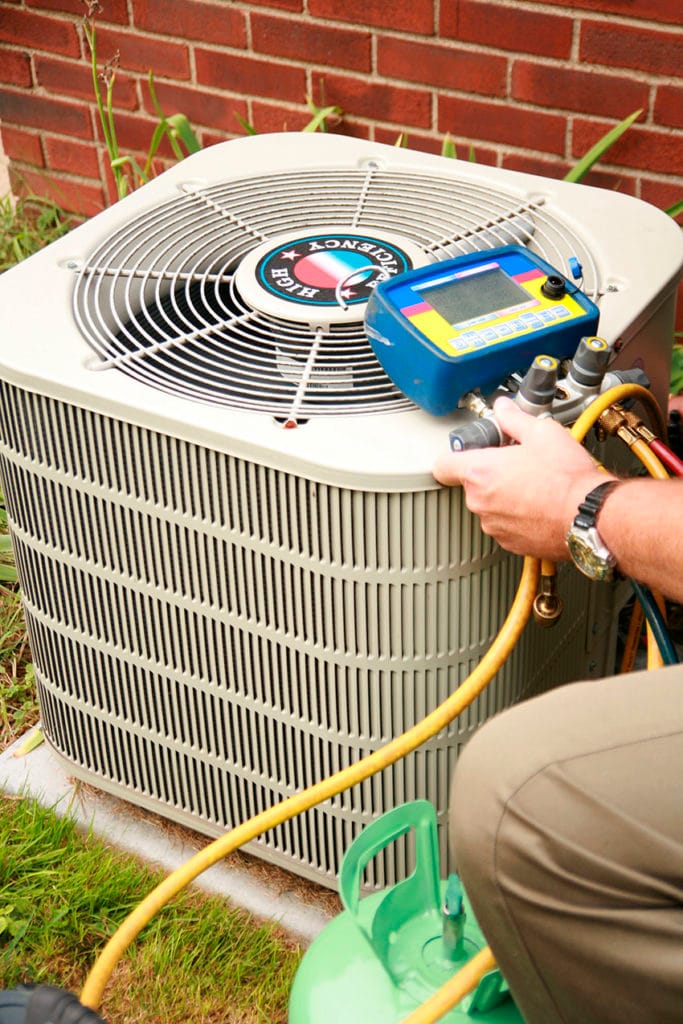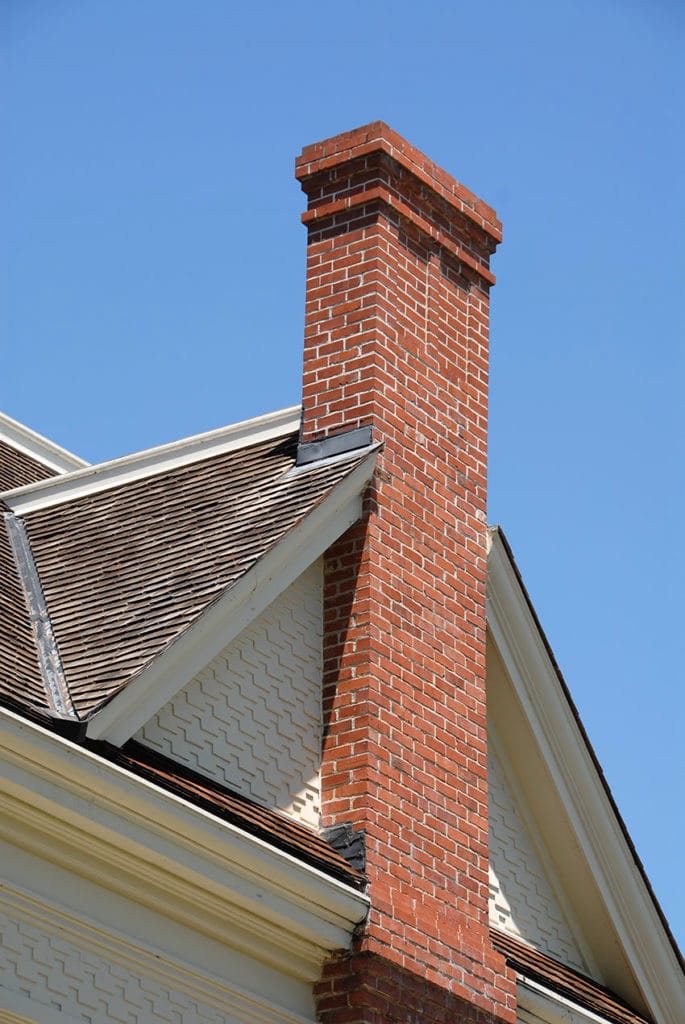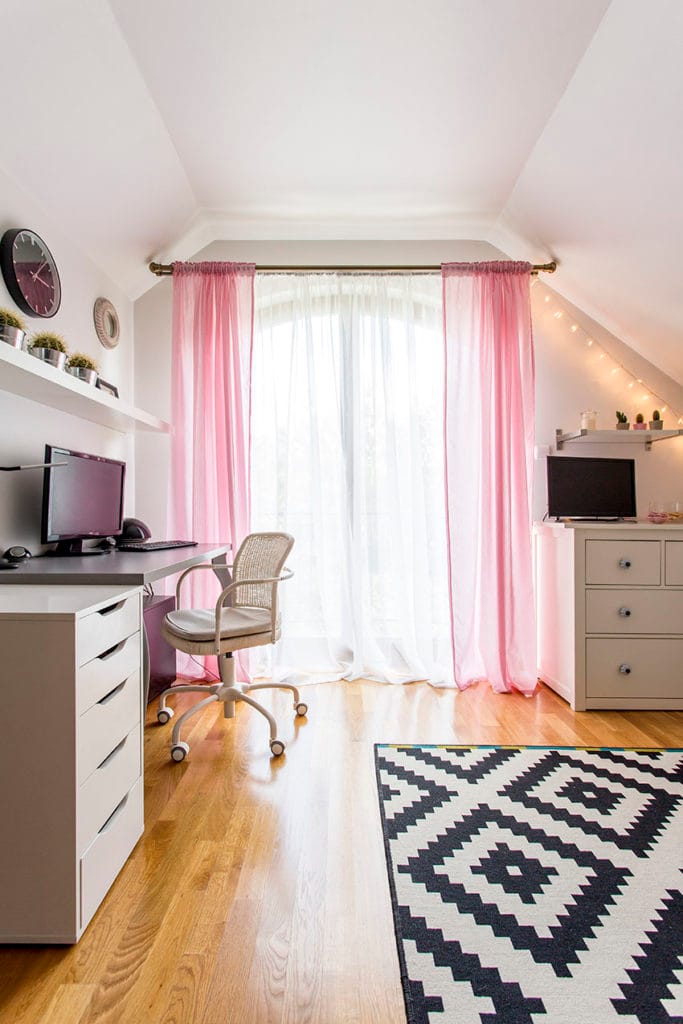You might have thought that installing an AC is an easy task. From the outside, it might be but there are several important things that you need to consider both before and while installing it. For instance, there are certain places where you should avoid installing the AC because it might affect its efficiency and performance. Most HVAC contractors take care of this problem, but you should know the places where you should not be installing your AC.
Avoid Hotter Parts Of The House
Although air conditioners are designed to provide cool air but that does not mean that you install them in the most hotter parts of the house. The reason is that the air conditioner will perform at its best when it is in a relatively cooler area. It will not have to work hard to keep the temperature inside the house normal and as a result, the electricity costs will be maintained as well. However, if you were to install it at the hottest place, the air conditioner will keep the temperature at its lowest without tripping. This will put immense stress on the unit itself, which will affect its lifespan as well. If you do not have any other place to install an air conditioner, make sure that you install a shade or cover it with something to protect it from the blazing sun.
Avoid Hiding It
Another important factor you need to consider is that unlike most people, your focus should not be on hiding the air conditioner. Air conditioners breathe and expel air. This means that they need an open area instead of being cramped where it is finding it difficult to intake air. Furthermore, in the case of a fire hazard or any other situation, you might find it hard to access it. Therefore, you need to designate it an area that is easy to access and allows it to breathe easily as well. Moreover, ensure that your unit is not too close to anything in its surrounding. In case of a fire hazard, the items, and objects in the surrounding can catch fire and might lead to an explosion.
Avoid The Trash Can
Although this one is obvious, the fact of the matter is that installing an air conditioner near a trash can or someplace dirty is going to make the entire house smell awful. People tend to install their air conditioning units near trash cans or dirty water flowing rivers that not only result in awful smells but lead to rust development on the components as well due to harmful toxins. Therefore, while installing an air conditioner, make sure that there is nothing in the surrounding that releases harmful toxins and causes your house to smell like a gutter each time you step inside. This is the last thing you would want while your friends visit you.
Avoid Sharing Circuits
Remember, whenever you intend to install an air conditioner make sure that you remove any other electric items that are connected to the same circuit. The reason is that air conditioners require a huge amount of energy to run. If you have connected your unit in the same circuit as your other electric appliances, chances are that those items will short circuit since they are not receiving the amount of energy required. Therefore, while installing an air conditioner, make sure that you use a separate circuit for your AC.
Avoid Installing Underneath Heavy Objects
As mentioned earlier, your air conditioner required open space to breathe. As a continuation of this point, you should ensure that the air conditioner is being placed underneath heavy objects such as an old roof or shade, etc. The reason is that in case of a worst-case scenario, something might crack and break directly on the unit, causing significant damage. You would not want this to happen especially if you have just purchased a new AC. If there is a shade or anything else resting above the unit, pay special attention to it to confirm that it does not have cracks or rust causing it to break down in the future.
Final Word
As this blog reaches its conclusion make sure that you conform to the tips mentioned above and install your AC in a safe place. Create a separate space and get a professional AC repair service VA for installation and frequent inspections.


